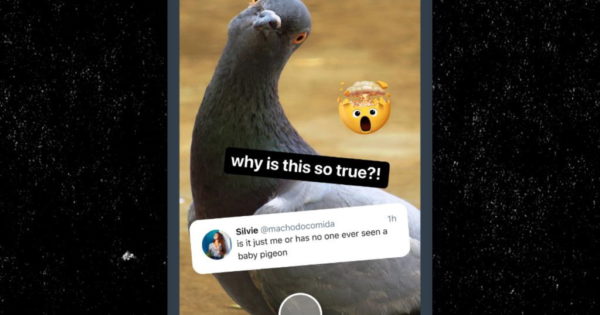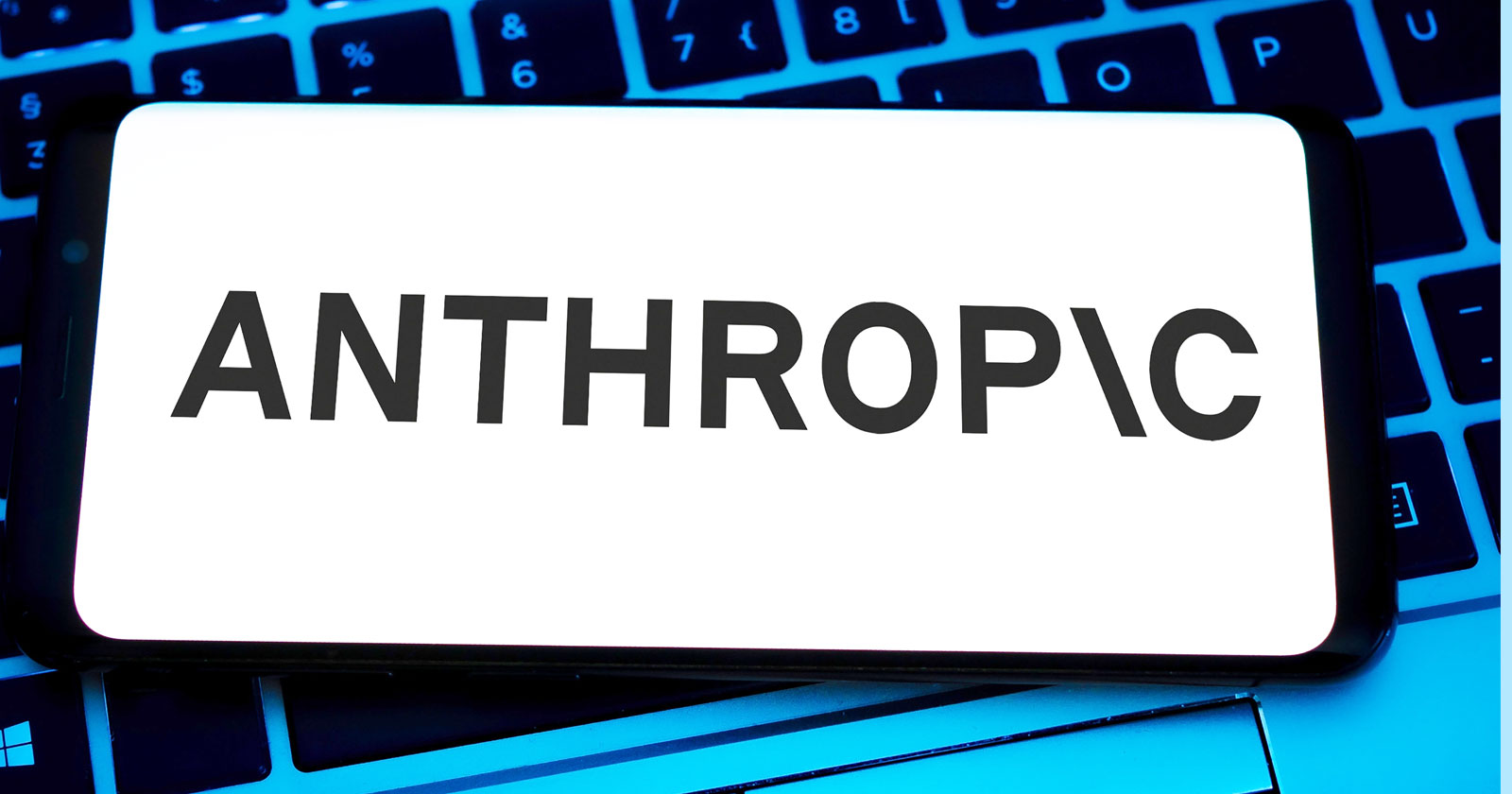How cosmetics brand Lush does corporate activism
Chief Ethics Officer Brandi Halls on Lush's decision to leave social media and what it tries to get out of activist campaigns, including a recent indigenous-focused effort.

In recent years, more companies have taken a stance on social and political issues–either by choice or as a result of consumer pressure. Few, however, have been as aggressive about activism as cosmetics company Lush.
In the latest episode of Ad Age’s Marketer’s Brief podcast, Lush Chief Ethics Officer Brandi Halls discusses the challenges of corporate activism and how Lush has navigated marketing without social media.
“Not everyone’s going to agree with the campaigns or the issues that we may take on,” said Halls, who has been with Lush for nearly two decades. This includes its own employees—including store operators—who can choose if they participate in campaigns and to what degree, she said.
“We’ve had shops that have decided to not take on an issue” because staffers weren’t behind it or because “it’s potentially dangerous to take on in their market,” she said. “We really empower our shop managers to run their shops as if they were their own little business.”
The company relies partly on its employees to generate ideas for its campaigns, such as a trans rights campaign in 2018. “We were featuring [staff] quotes in our shop windows, they were helping write and create our trans guides to being an ally,” said Halls.
Lush's recently launched campaign about indigenous and environmental activism sprung from years-long relationships with indigenous activists, said Halls. It involves selling a limited-edition bath bomb called Guardian of the Forest with plans to donate all purchase revenue to indigenous and environmental organizations.
To nurture these relationships, it’s important for brands to employ activists, she said, citing Lush’s Advocacy and Activism Manager Carleen Pickard as an example. Pickard, who came to Lush in 2015 after almost two decades working for human rights and other advocacy organizations, focuses on staying in touch with the organizations and “continuing the work that we’re doing with them well after the campaigns are wrapped from our windows,” said Halls.
Lush has explored ways to market itself and its campaigns without having accounts on the four social platforms.
This has included “shifting funds to creating new community spaces where our fans can continue to engage with the brand,” such as creating a new app called Bathe and a podcast called “The Sound Bath” last year, she said. To get in front of new audiences, Lush is also “diving into partnership with brands” such as Netflix and Lazy Oaf, said Halls.

 JaneWalter
JaneWalter 






























